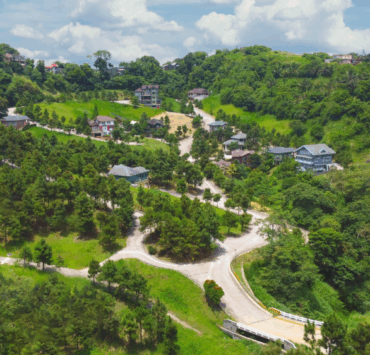Porac rises as a destination for life, leisure, and opportunity
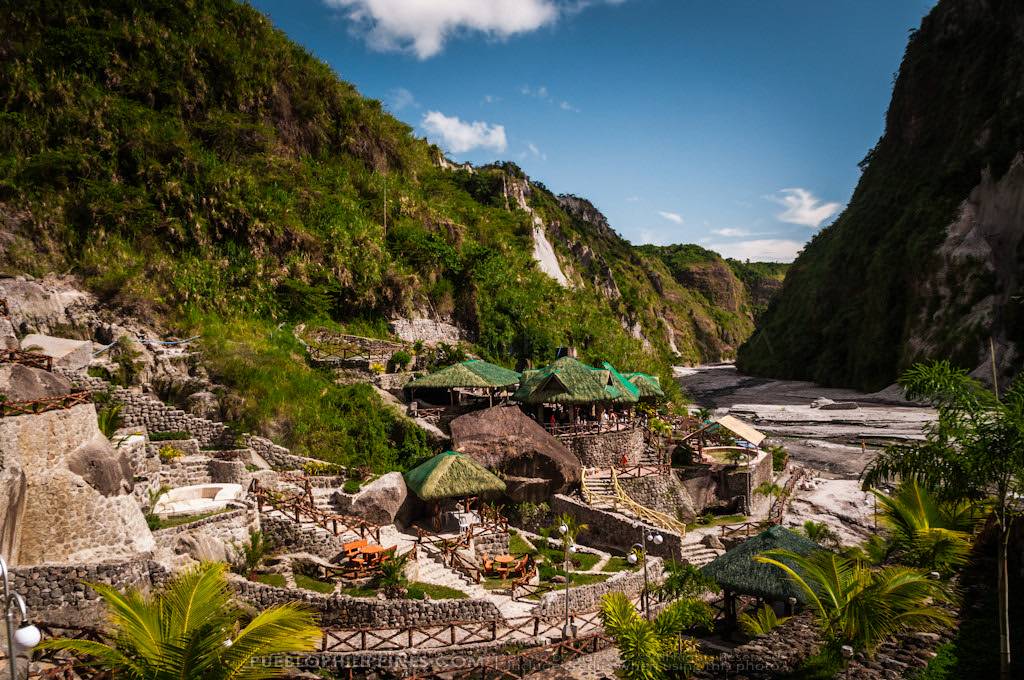
The municipality of Porac in Pampanga continues to gain ground as an attractive destination for residential and commercial growth in the North, with its prime location, economic expansion, and the promise of a well-balanced lifestyle.
Continuous progress
Porac carries a story of reliance and continuous progress.
Historically, it is believed to be one of the first towns established in Pampanga. The name “Porac” is derived from the word “purac” after the abundant Purac trees encountered by the first settlers. In September 1867, the municipality became what is now known as Porac.
From its humble beginnings, Porac gradually evolved into a thriving community. By the early 19th century, it had become a stable agricultural town with its own church, local government, and a Guardia Civil detachment. As the province of Pampanga gained more prominence and investment, Porac’s economy also continued to grow steadily.
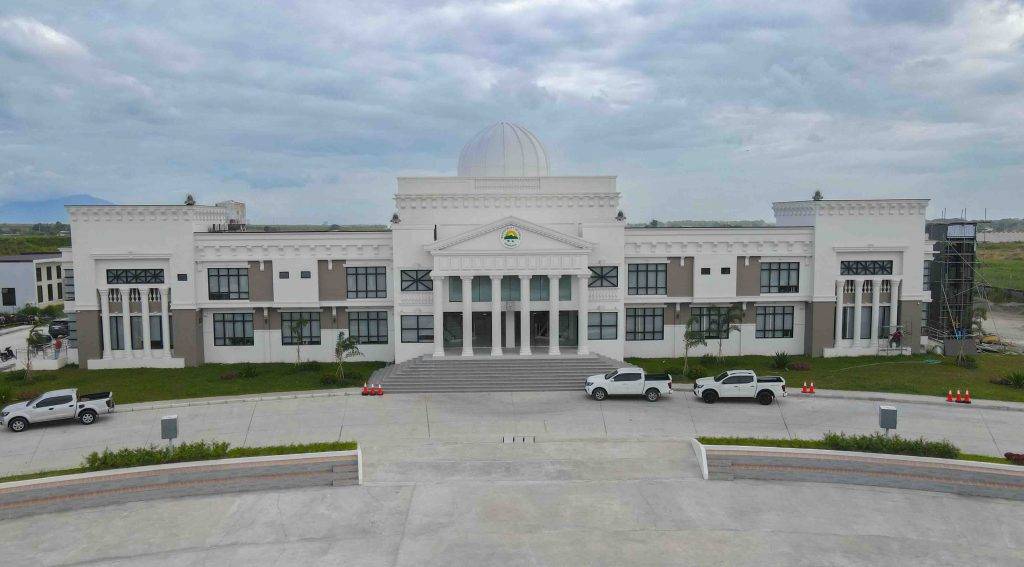
Investment destination
Today, this first class municipality–which has a population of 147,551, according to government data–has emerged as a vital hub of economic activity and one of the province’s most attractive destinations for residential and commercial developments.
Having recovered from the devastating eruption of Mount Pinatubo in 1991, Porac now stands as a model of resilience and economic renewal. Beyond its growing urban sector, the municipality is also recognized as a key source of granite and other minerals.
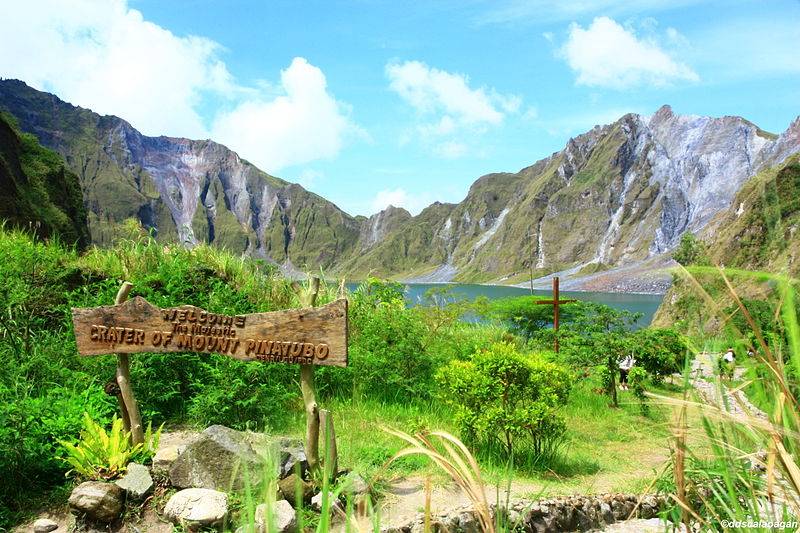
Connectivity
National infrastructure plays a big part in supporting Porac’s growing economy. It benefits from its proximity to major developments such as the North Luzon Expressway (NLEx), Subic-Clark-Tarlac Expressway (SCTEx), Clark International Airport, and the Subic Bay Seaport–facilitating easy connectivity and economic activity.
While Porac is located relatively close to major Pampanga cities such as Angeles City, San Fernando, and Mabalacat, it still maintains a well-balanced blend of urban and rural living.
Life here is more relaxed compared to the busier cities, yet nothing essential from urban life feels out of reach. Porac offers modern conveniences amid a natural landscape, with developers placing strong emphasis on green spaces and outdoor living experiences.
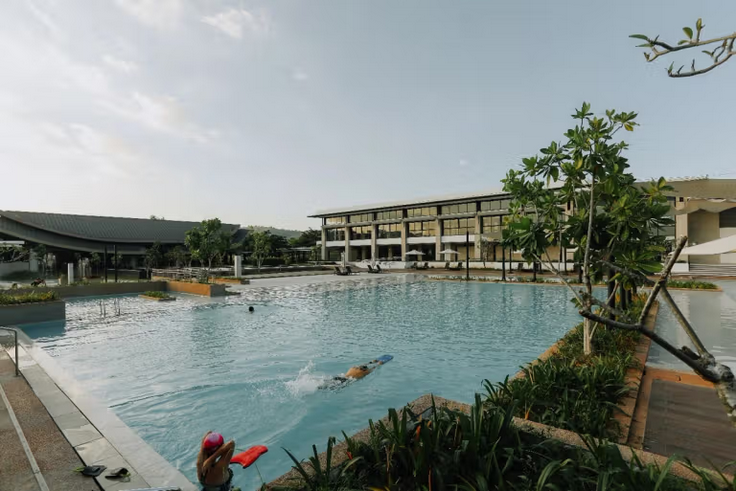
Leisure destinations
Porac also banks on promoting its leisure destinations as a driver of additional economic growth.
Among its attractions is Miyamit Falls, one of Pampanga’s hidden gems. From the Porac Peak, visitors can enjoy a breathtaking view of the falls, while the Porac Trail serves as an alternate route leading to Mount Pinatubo’s Crater Lake. The 28-km trail winds around the mountain, offering nonstop scenery of natural landscapes.
For travelers interested in history, Porac is also home to the Santa Catalina de Alexandria Parish. Located in Barangay Poblacion, this 19th-century Baroque church stands under the ecclesiastical province of the Roman Catholic Archdiocese of San Fernando.
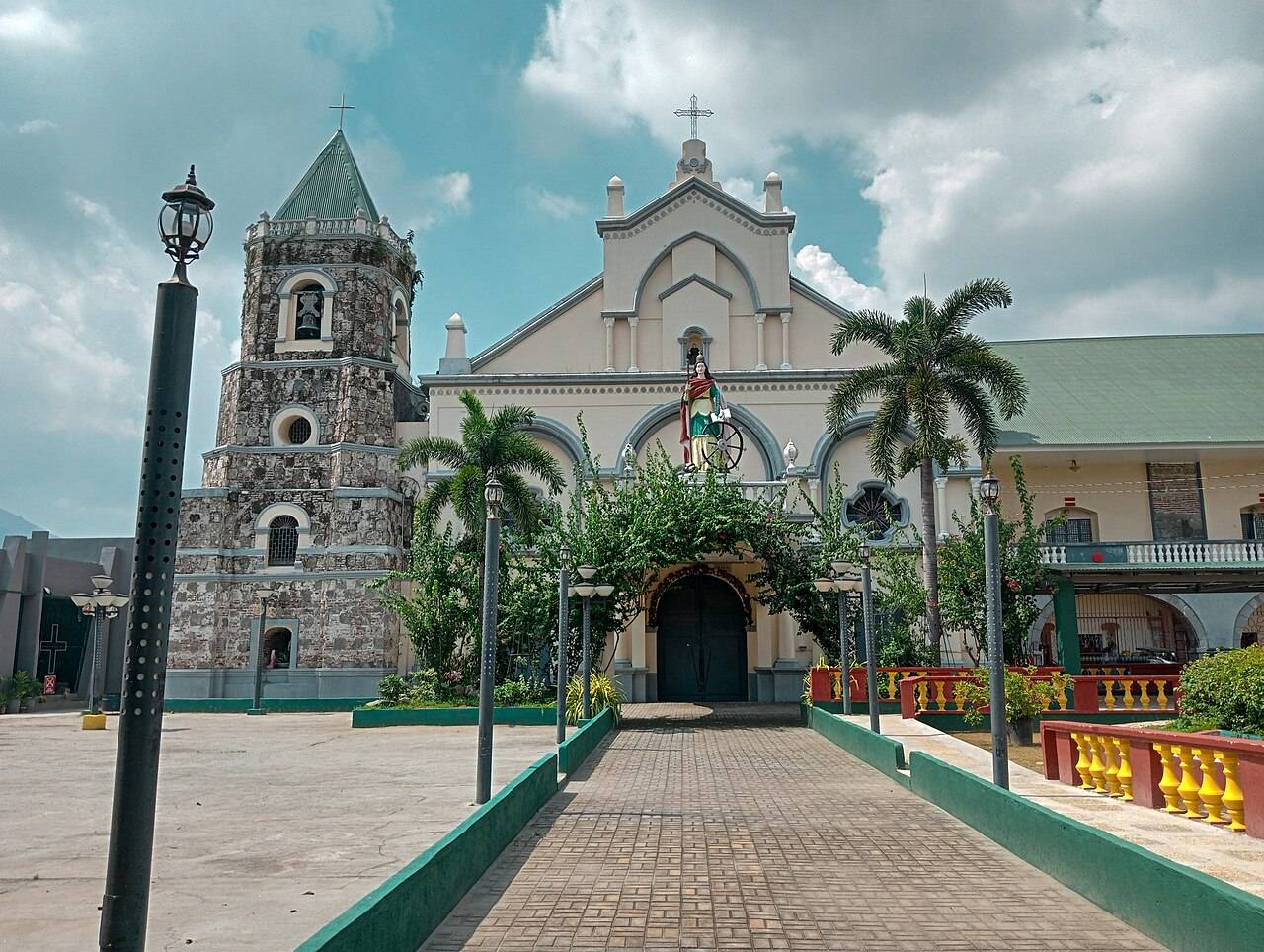
Porac’s modern estate
Property giants like Ayala Land have also invested in the municipality.
The 1,800-ha Alviera estate, jointly being developed by Ayala Land and Leonio Land, is helping drive economic vibrancy in Porac.
This masterplanned development is opening up the municipality and Central Luzon to local and international markets through its eco-industrial parks; leisure destinations such as Sandbox Adventure Park and Alviera Country Club; educational institutions like Miriam College and Holy Angel University; and expansive green spaces that host recreational and educational initiatives like the La Salle Botanical Gardens.
Sources: Inquirer Archives, PSA, poracpampanga.gov.ph, ayalaland.com, alviera,ph














